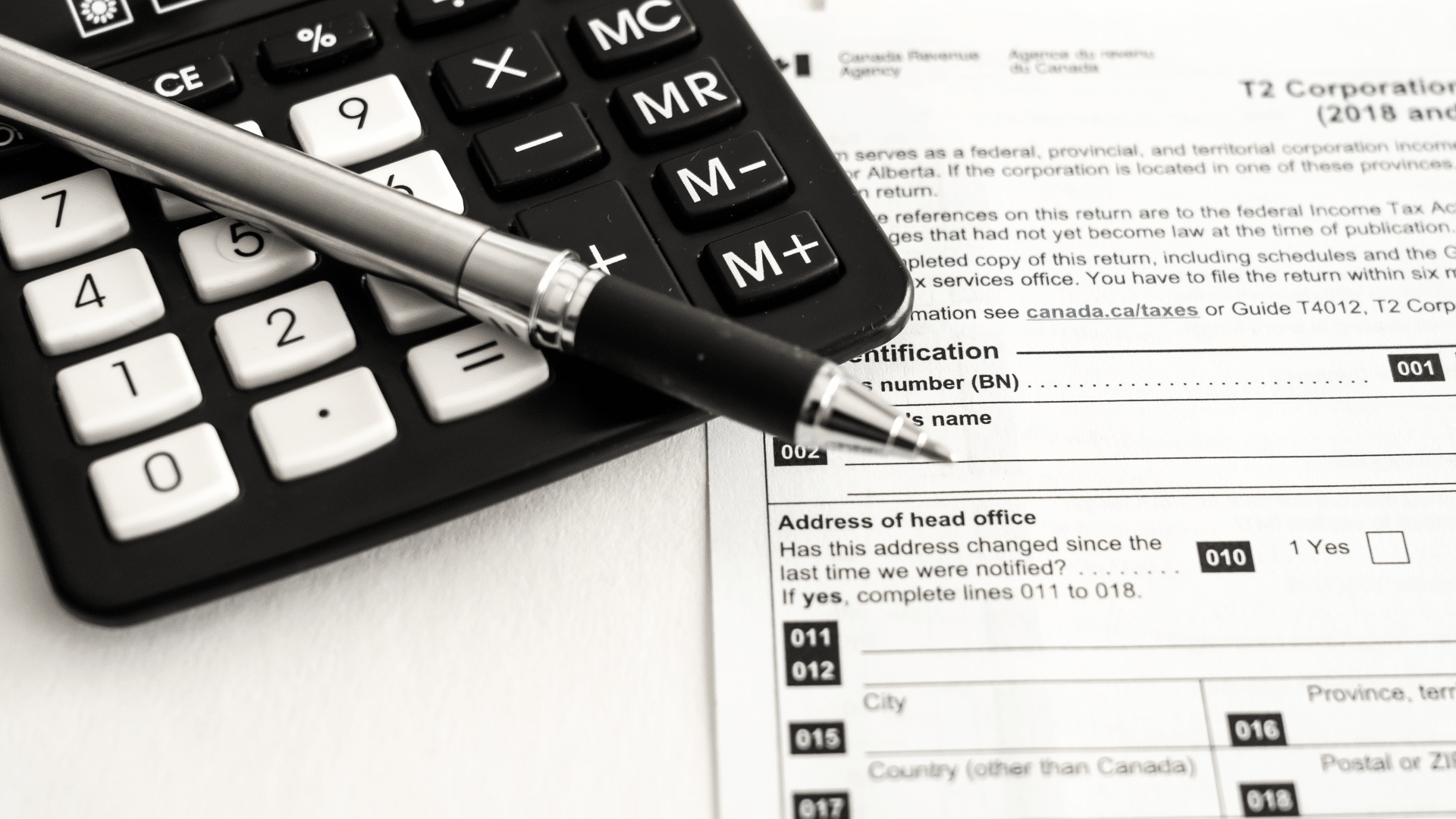Canadian tax system practices a self-assessment process, which means you calculate and report your tax liability. In order to be fair to all taxpayers, the Canada Revenue Agency (CRA) performs the audit. You may or may not get the letter for audit from the CRA, but it is always a good practice to keep your records at par to avoid last-minute glitches.
Now, there are multiple factors basis which you might get picked for the audit. These factors could be generic or for specific expenses or deductions which need clarification. Specifically for small business owners and self-employed, it becomes challenging to keep business and personal expenses separate.
If you are an entrepreneur doing your own taxes, you must be thorough with how the CRA assesses your tax returns and prepares your taxes accordingly. You must keep all documents and records well-organized and updated for an audit.
Reasons Small Business Owners Can Attract the CRA Audit
The CRA might select you randomly, but many times it’s the specific deductions and expenses that attract CRA audits.
- Mismatched Information: The CRA gets your data from multiple sources, and any mismatch in the information catches their attention. While you declare your deductions and revenue, ensure it is the same across all tax forms; income tax form, GST/HST tax return and your spouse/partner’s tax return. It should also match the information provided by other parties such as financial institutions, employers and any other third party.
- Away From Industry Average: The CRA has a wide range of information about the incomes and profits of various industries. It closely refers to the figures of your competitors and related businesses. If your declaration is significantly higher or lower than the competitive business houses, it will attract the immediate attention of the CRA, and you might get a notice for audit.
- Indirect Business Expenses and Recurring Losses: Indirect business expenses such as advertising and promotion, entertainment, food, and travel can bring significant tax deductions for a business. Hence, they are attractions for the CRA. Claiming a large deduction in these expenses will trigger the CRA audit. Other than high indirect business expenses, recurring losses will draw CRA’s attention and trigger an audit.
- Home Office Deduction: Most businesses start at home. You might have converted a small space in your home into an office and are deducting rent, phone bills, utilities, and real estate tax used for the home office as business expenses. Claiming these deductions is prone to error and a welcome call for a CRA audit. To get this deduction, you need to use your home office to meet clients or patients, and the purpose should be income generation. You can claim expenses only for the portion converted into the office and not the entire house.
- Using Vehicles Commonly for Personal and Professional Use: It is easy, especially for start-ups and small businesses, to use the vehicle for business and personal use. Here it becomes difficult to differentiate personal and commercial use. You cannot claim 100% of the fuel and other vehicle costs as business expenses. If not recorded properly, it can be disallowed for a tax deduction.
- Cash-rich business: Small-scale retail businesses it is cash-flow heavy. It is tempting at times not to report the fund flow. The CRA has this realization. For instance, if you have a restaurant or salon business, you majorly deal in cash more than other businesses. Hence expect an extra enquiry from the CRA.
- Too much charity: Returning back to society is a good deed. But everything comes with a limitation. Too much charitable deduction, which is not proportionate to your income and is comparatively higher than others from the same income group, will irk the CRA. Be ready for scrutiny in such cases. Also, donations involving capital are definitely reviewed.
How Can Small Business Owners Prepare For a CRA Audit?
The crux of a CRA audit is misplaced information. The first step is to get things right the first time by being honest in your books. Any expense that is an outlier (non-recurring and/or higher than the industry average) particularly needs all supporting documents you can get.
No matter the scale of the business, you must develop a practice of recording all the business activities in the books of accounts and filing the documentary proof on a regular basis.
You can take the help of a professional bookkeeper to document everything in day to day course of business so that it can be used as a reference at any point. A bookkeeper reports the expenses as per the documents available. If the CRA requests information, your accountant and bookkeeper can help you draft a complete reply with proper documentation. A well-drafted reply will smoothen the audit process and save you any hefty penalties.
Contact Glenn Graydon Wright LLP in Oakville to Help You with Tax Filing and Record Keeping
Talk to a professional accountant to help collect all the necessary information and file taxes. At Glenn Graydon Wright LLP, our accountants and bookkeepers can provide book and record-keeping services, maintain documentation, prepare accounts, and file taxes. To learn more about how Glenn Graydon Wright LLP can provide you with the best accounting and bookkeeping expertise, contact us online or by telephone at 905-845-6633.
